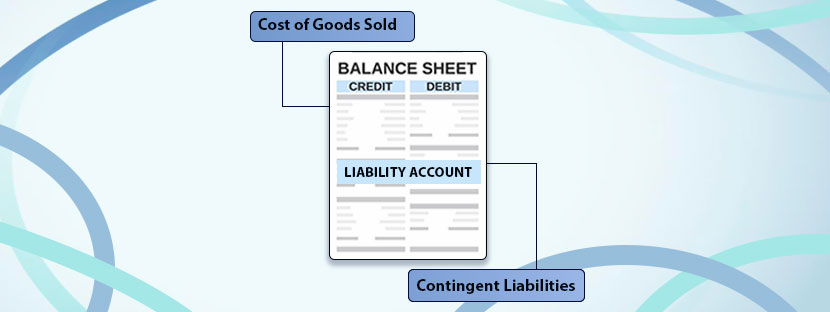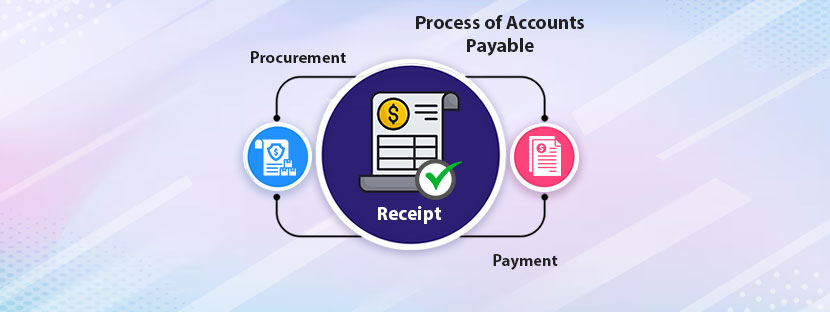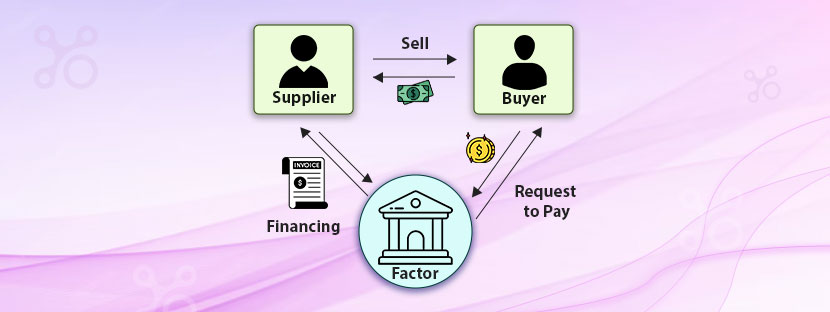In This Article
If there is one thing in your business you cannot ignore at all, even for a moment – that is financial tracking. Simply because the success of a business is judged based on the profit it earns. There are different types of bookkeeping systems exist and each organization has to choose one among them.
Bookkeeping is the stepping stone of financial tracking. With the help of a bookkeeper, you can record daily transactions, prepare financial statements, and manage expenses properly. Bookkeepers follow accounting principles to perform their regular tasks. They are well aware of all different types of bookkeeping systems and can perform tasks accordingly.
Let’s talk about which type can fit your organization in this comprehensive blog.
Purpose of Bookkeeping
Bookkeeping serves different objectives;
Recording all transactions: Record and arrange all transactional matters in a systematic and logical manner. Bookkeeping helps to show all financial matters and their effects on business in a systematic manner.
Determining financial effects on the business: Transactions made during the entire financial year are recorded to show what financial effects they made on the organization. Financial transparency is maintained due to this procedure.
Support Decision-Making: Once you get all financial transactions recorded at your end, you can make unbiased decisions. You could see all the financial data at your disposal and make the best decisions based on that.
Ensure Compliance: Every company has to show its taxation data every year and make all reports on time. Bookkeeping helps prepare all the required reports and assists in compliance. It makes sure that your company complies with all business guidelines.
Types of Bookkeeping System and What to Choose
As per Generally Accepted Accounting Principles, companies can choose one among the two types of bookkeeping systems;
Based on the nature and type of the business, organizations can choose a suitable bookkeeping practice. Both bookkeeping systems work differently under different circumstances. Note that the size and operation capacity also matters when deciding the method of bookkeeping. Let’s make a detailed decision on it.
When Single Entry Bookkeeping System Works Better
If your business falls under the small and medium category, you probably like less complexity in bookkeeping work. In this case, single-entry bookkeeping suits perfectly your business.
When Double Entry Bookkeeping System Works Better
The wideness of the company comes under consideration when choosing a double entry booking system. Big organizations or small companies that have future plans to grow big must choose a double-entry bookkeeping system. Well, this method is complex and you might expert help to perform regular bookkeeping. Or you can outsource bookkeeping services to manage regular day-to-day recordkeeping work.
Methods of Bookkeeping
After you choose the suitable approach among the two types of bookkeeping methods, now you need to fix a method to record your financial data. At present, organizations are either doing their bookkeeping based on manual methods or computerized processes. Let’s assess each of them here.
Manual Bookkeeping
Like traditional ways, bookkeepers will enter financial records manually into the books. They can use any offline system like Excel or Word to record everything. In traditional setups (practiced in many firms), bookkeepers use paper books like journals, ledgers, etc to record transactions. This type of bookkeeping method perfectly suits small businesses where complexities are minimal.
Computerized Bookkeeping
This is a new way of doing bookkeeping tasks where bookkeepers use computerized tools to record transactions. Many software nowadays have AI (artificial intelligence) features that can automate functions. There is no risk involved in record failure or inaccurate records as a computerized system does the perfect job.
This method of bookkeeping is reliable and error-free. Preparing accurate financial reports is also possible under this method. Plus, this is a more convenient, fast, and easy method of bookkeeping. At present, small businesses are preferring computerized bookkeeping to maintain their financial records.
Bookkeeping Apps for Small Businesses
After knowing the importance of computerized bookkeeping, now it’s your time to determine what type of software you must choose for your business for this purpose. There are plenty of software exists in the market and each of them promises better bookkeeping results. You can try Quickbooks, Freshbooks, Xero, etc as they can handle different types of bookkeeping practices. Plus, their interface is also user-friendly.
FAQ
Can you show us some examples of bookkeeping?
From payroll to processing invoices, bookkeeping reaches everywhere. A bookkeeper records payment data, invoice numbers, transactional information, and many other things. Managing inventory, paying off debtors, financial report preparation, etc are examples of bookkeeping.
What is the biggest advantage of electronic bookkeeping?
The best part of electronic bookkeeping is you can store your information in the cloud so you can access it from anywhere. You can usually hire specialists from any location to perform your bookkeeping tasks. Almost, 85% of organizations across the globe prefer to perform their bookkeeping tasks through any electronic medium. Preferably any application.
Why is bookkeeping important for start-ups?
Startups need to track every single transaction they spend on different things. This helps them determine how much money they are making over a period of time. With accurate bookkeeping, they can check where they spend money the most and from where they are getting the revenue.











